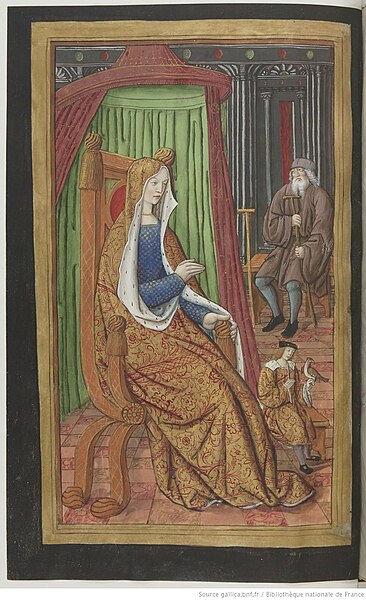Reading Notes: Odyssey Part B
The next set of readings that I did delved mainly into
Odysseus dealing with the ghosts of those who are found in Hades after dying. He
needed to deal with them in these stories in order to gain a prophesy from
Teiresias. This type of thing within a story (an oracle) can lead to some great
plot points, especially if they’re crafted in a way as to not give away the
entire story, but add some tension to it, dreading what is going to happen in
the future.
I felt sorry for multiple of the ghosts, mainly Elpenor, who
died because he got too drunk to remember where he fell asleep, leading him to
plunge to his death from a roof, breaking his neck. This death just seemed
pointless except for the fact that now Odysseus had to go back to Circe and
gather his body to burn it. The idea of communicating with the dead from our
past has some importance, especially when it’s a beloved friend or family member.
The emotional significance for the hero of the story when he meets his mother’s
ghost is extremely important. Seeing a dead parent will shake anyone to their
core, especially if they realized that they were the sole cause of it, as is
the case with Odysseus.
Mother figures play important roles within tons of stories,
so something along the lines of seeing the ghost of your mother could play into
a fun story. Odysseus then saw quite a few ghosts of famous women, who sons
(often from gods) had done great deeds, or had perished in some unique way. By
meeting ghosts of famous women, the reader is able to gather information about
the surrounding world and what they are dealing with at the time. Having a
backstory/world building is integral to any story, which is why I’ll keep on
trying to use it in the future.

Unknown artist, made in the 16th Century
"Homer's Odyssey" translated into English by Tony Kline

Comments
Post a Comment